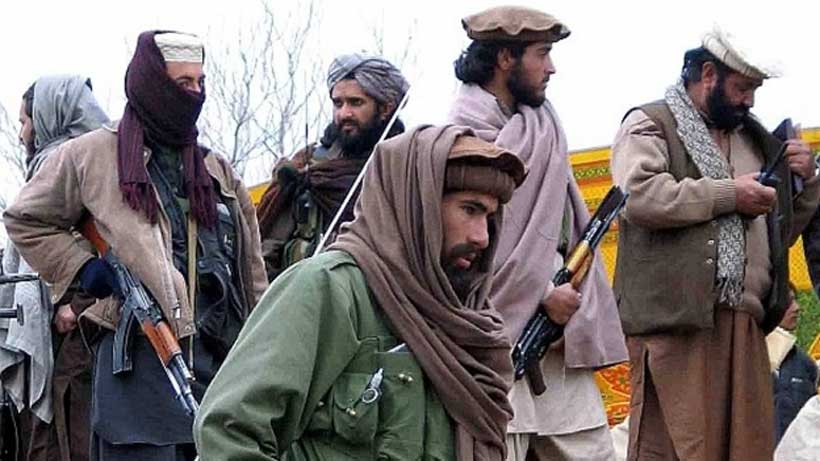On June 28, 2025, another tragedy struck the troubled region of North Waziristan. A devastating suicide attack in the town of Mir Ali claimed the lives of several valiant soldiers of the Pakistan Army, leaving many civilians wounded. This attack, like many before it, has raised serious questions about the persistent local support provided to extremist elements operating under the banner of the so-called Khawarij.
While the loss of life is deeply mourned, it is the pattern of facilitation from within local communities that demands urgent national reflection. How did a vehicle carrying 800 kilograms of explosives manage to be assembled, concealed overnight, and reach its target in broad daylight? What workshop allowed such a machine of destruction to be constructed? And more importantly, which household provided it safe haven?
These are not rhetorical questions. They strike at the very core of our internal security dilemma.
This is not the first such incident. Time and again, terrorists have used mosques, markets, and private homes in this very region as launching pads for deadly attacks on security personnel. Can such operations occur without the knowledge or assistance of locals? The answer, tragically, is no.
Security forces in the area possess credible intelligence that certain houses in Mir Ali are being used to shelter militants. These terrorists hide behind women and children, exploiting the very values of the Pakistani Army — which refrains from targeting civilians — to their advantage. They fire from civilian dwellings, confident that any return of fire will be restrained.
When soldiers finally do respond, an uproar ensues: “Our homes are being targeted!”
Yet, no one admits that the first bullet came from within those walls.
This pattern of silent complicity is not new. Similar incidents have occurred in Tirah Valley, Maidan, Malik Deen Khel, and Nakhtar. In each case, terrorists launched attacks from civilian homes, as confirmed by video footage. And each time the military issued warnings to vacate the premises due to militant presence, locals often refused, branding such warnings as oppressive.
But one must ask: Is it not oppression to harbor enemies of the state?
Is it not cruelty to use innocent women and children as shields for terrorism?
Is it not a crime to remain silent while militants hijack our peace?
The Khawarij are not freedom fighters. They are murderers, cloaking themselves in religion to justify violence. They have robbed our land of stability, torn apart our communities, and darkened the future of our children.
The time has come to draw a clear line: anyone who facilitates terrorists is complicit in their crimes, no matter their background, their relation, or their excuses.
This is no longer just the army’s battle. It is a national struggle — one that every patriot must fight.
To remain silent now is to surrender our sovereignty.
Pakistan Zindabad.


